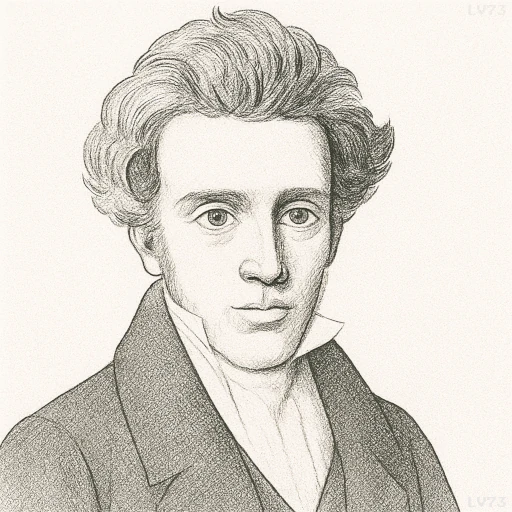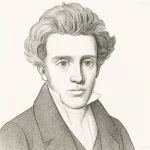“Far from idleness being the root of all evil, it is rather the only true good.”

- May 5, 1813 – November 11, 1855
- Danish
- Philosopher, Theologian, Poet, Father of Existentialism
table of contents
Quote
“Far from idleness being the root of all evil, it is rather the only true good.”
Explanation
This quote is one of Kierkegaard’s more provocative and ironic statements, challenging the conventional moral and religious view that idleness is a vice. Instead, he proposes that idleness—understood not as laziness but as a state of contemplative freedom from compulsive activity—may be the only true good. In this state, a person is free from distraction, performance, and social demands, able to reflect, create, or simply be without the pressures of productivity or utility.
Kierkegaard often critiqued the busyness and superficial activity of modern life, which he saw as an escape from inwardness and genuine existence. People fill their days with tasks, ambitions, and distractions to avoid confronting anxiety, despair, or the deeper questions of meaning. Idleness, in the Kierkegaardian sense, creates space for authentic self-awareness, for turning inward rather than outward, for experiencing life as presence rather than performance.
In today’s hyper-productive and efficiency-driven culture, this quote offers a radical critique. We are conditioned to see rest as laziness and constant action as virtue. Kierkegaard challenges that view by suggesting that stillness, solitude, and non-doing may be essential to encountering truth, beauty, or even God. Idleness, properly understood, becomes not an escape from life, but a return to its essence, where being—not doing—is the highest good.
Would you like to share your impressions or related stories about this quote in the comments section?



